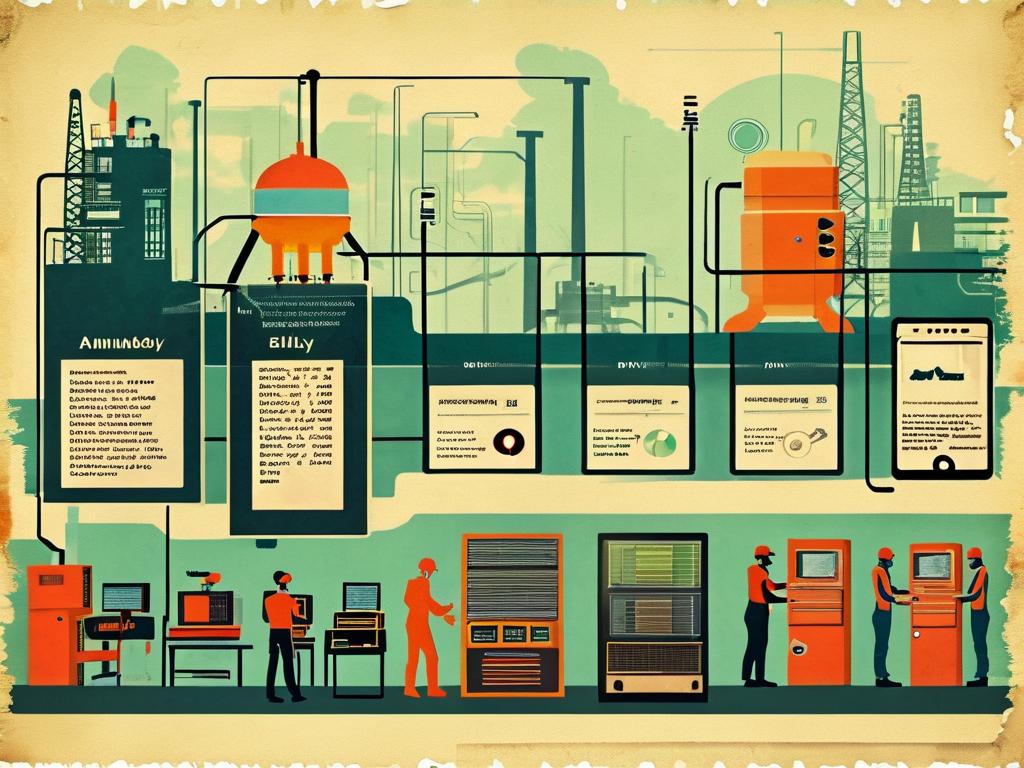In the early days of computing, programmers had to manually allocate and free memory, a tedious and error-prone task that often led to crashes or security vulnerabilities. This hands-on approach was essential when systems were simpler, but as technology evolved, the need for direct memory management faded away. Why did this shift happen? Primarily, it stems from advancements in programming languages and runtime environments that automate these processes. For instance, languages like Java and Python introduced garbage collection, which silently handles memory deallocation in the background. This eliminates common pitfalls such as memory leaks or dangling pointers, freeing developers to focus on higher-level logic rather than low-level details.

Another key factor is the rise of smart pointers in languages like C++, which use reference counting to automatically release resources when objects go out of scope. Consider this simple code snippet:
#include <memory>
void example() {
std::shared_ptr<int> ptr = std::make_shared<int>(42); // Memory managed automatically
} // ptr is destroyed, memory freed without explicit delete
This contrasts sharply with older C code, where forgetting to call free() could cause disastrous bugs. Over time, operating systems and hardware also improved, with features like virtual memory and paging that abstract physical memory, making manual intervention less necessary.
Moreover, the push for security and efficiency accelerated this change. Manual memory management was a breeding ground for exploits like buffer overflows, which could compromise entire systems. By automating it, modern frameworks reduce attack surfaces and enhance stability. In web development, JavaScript engines or Node.js handle memory seamlessly, allowing rapid app deployment without constant oversight.
Looking ahead, trends like cloud computing and containerization reinforce this automation, as dynamic scaling demands self-managing resources. Ultimately, the disappearance of manual memory management signifies progress—it boosts productivity, cuts debugging time, and democratizes coding for beginners. While purists might mourn the loss of control, the benefits for innovation and reliability are undeniable. As we embrace AI and IoT, this hands-off approach will only grow, ensuring that memory woes become relics of the past.









